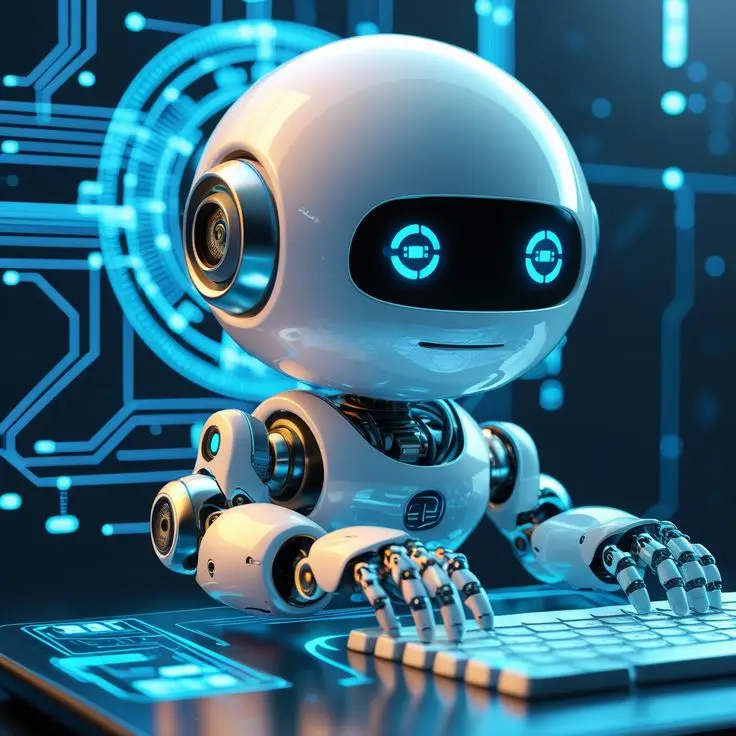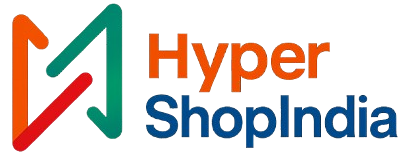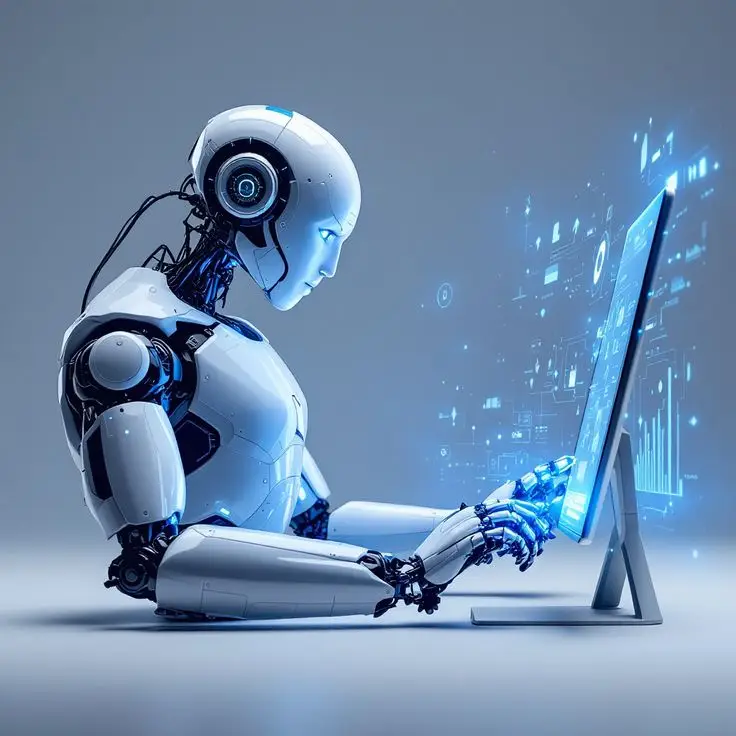Artificial Intelligence (AI) isn’t just transforming industries—it’s redefining the way we work, learn, and grow professionally. In 2025, the conversation has shifted from “Will AI take our jobs?” to “How can we work alongside AI to build better careers?”. For professionals, students, and entrepreneurs, understanding this shift is essential to staying ahead.

But here’s the twist: instead of asking, “Will AI take my job?”, professionals, students, and entrepreneurs are now asking, “How can I work alongside AI to future-proof my career?”
This shift in perspective marks a turning point. Artificial Intelligence is not replacing humans—it’s redefining what it means to work, learn, and grow professionally.
In this blog, we’ll dive deep into how AI is reshaping the career landscape, the opportunities it’s creating, the challenges ahead, and how you can stay future-ready.
Why AI is Reshaping the Career Landscape in 2025
AI is no longer just for coders, data scientists, or tech giants. Today, it’s woven into almost every sector—healthcare, education, marketing, logistics, finance, and even creative fields like design and writing.
Key Drivers of Change:
- AI Copilots for Productivity: Tools like Microsoft Copilot and ChatGPT have become “digital teammates,” automating reports, drafting content, and analyzing data.
- Automation of Repetitive Tasks: Routine activities—such as data entry, appointment scheduling, and fraud detection—are increasingly handled by AI, freeing professionals to focus on creative and strategic work.
- Upskilling Demand: Companies now expect employees to have AI literacy, understanding not just how to use tools but how to adapt as they evolve.
| New Job Role | What They Do | Why They’re Needed |
|---|---|---|
| AI Prompt Engineers | Craft effective prompts to optimize AI outputs | To improve accuracy and creativity of AI models |
| Ethical AI Auditors | Monitor algorithms for fairness and bias | To ensure responsible AI usage |
| AI Business Strategists | Advise companies on AI adoption | To align AI with business goals |
| AI-Assisted Creators | Use AI to enhance writing, art, music, and design | To scale creativity without replacing originality |
📌 According to World Economic Forum, by 2025, 97 million new AI-powered roles are expected to emerge globally.
Industries Where AI Skills Are in High Demand
AI isn’t confined to Silicon Valley—it’s transforming every major industry.
1. Healthcare
AI-driven diagnostics, personalized medicine, and telehealth tools are revolutionizing care. Doctors now rely on AI for early disease detection and treatment planning.
2. Education
AI tutors and adaptive learning platforms personalize lessons based on each student’s pace and strengths, making education more inclusive.
3. Finance
From robo-advisors that recommend investment strategies to fraud detection systems, AI ensures faster, safer, and more reliable financial services.
4. Marketing & Retail
AI personalizes shopping experiences, predicts consumer behavior, and enables virtual try-ons, transforming how brands engage customers.
5. Technology & Cybersecurity
AI is powering cloud automation, software development, and cybersecurity, where algorithms detect threats faster than humans ever could.
👉 Whether you’re a doctor, teacher, banker, or marketer, AI skills are becoming non-negotiable.
Where Challenges of AI in Careers: The Roadblocks Ahead
While AI unlocks new opportunities, it also brings serious challenges:
- Reskilling Gap: Many professionals lack the training needed to transition into AI-augmented roles.
- Job Transition Stress: Traditional industries like manufacturing, customer support, and BPOs face displacement risks.
- Digital Inequality: People without access to AI tools or education risk being left behind, widening the economic gap.
- Ethical Concerns: AI bias, privacy risks, and accountability remain hot topics.
1. Learn AI Basics
Understand tools like ChatGPT, Google Gemini, and MidJourney. Even a non-technical grasp can give you an edge.
2. Focus on Human-Only Skills
AI can process data, but it cannot replace creativity, empathy, leadership, and critical thinking. These are your superpowers.
3. Build an AI-First Mindset
Instead of resisting automation, learn how AI can boost your efficiency—from creating faster presentations to analyzing customer data.
4. Commit to Lifelong Learning
Enroll in short online programs on AI ethics, data literacy, or automation. Platforms like Coursera, edX, and Udemy make it accessible for everyone.
5. Network & Collaborate
Join AI-focused communities, LinkedIn groups, or forums to stay updated and exchange ideas with like-minded professionals.
AI: The Opportunity for Students & Entrepreneurs
- Students can leverage AI tools for research, personalized learning, and skill development, making career preparation faster and smarter.
- Entrepreneurs can build AI-first businesses in areas like AI-driven education, or healthcare analytics.
AI is Reshaping, Not Replacing
Artificial Intelligence in 2025 is not about machines taking over—it’s about machines and humans working together.
- For professionals, AI is a career amplifier.
- For students, AI is a personal tutor.
- For entrepreneurs, AI is a business accelerator.
Question for you: What AI skill are you learning this year to future-proof your career? 💡 Share your thoughts in the comments and join the conversation!

